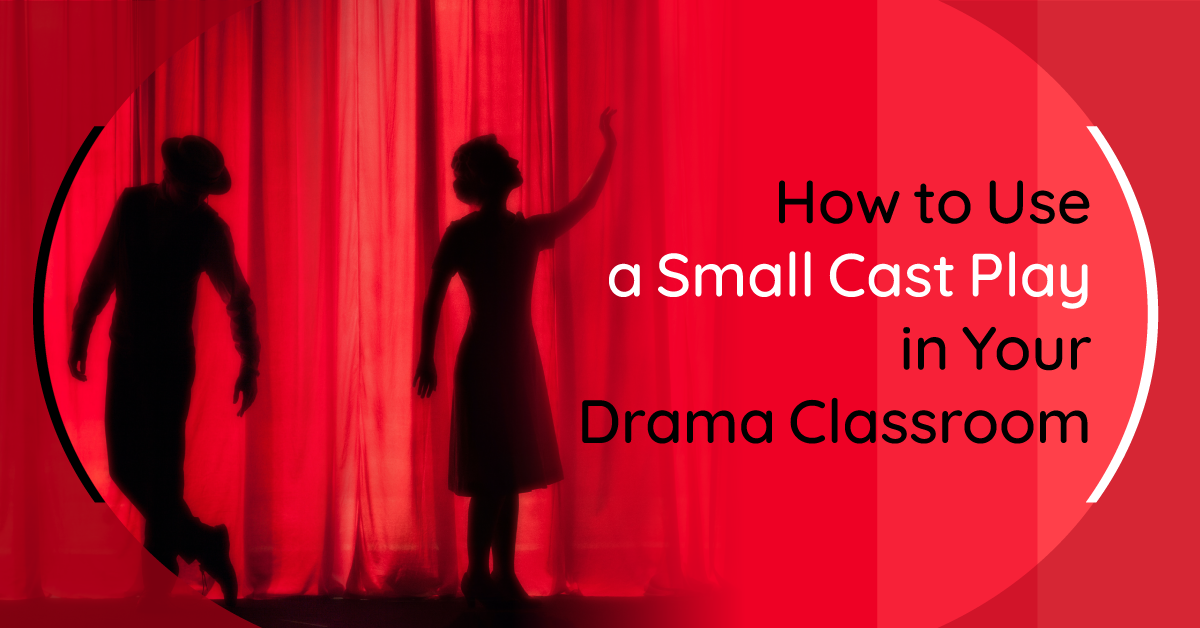Character Analysis: Your Younger Self
We are all about character analysis — it’s a great tool for helping students develop a deeper understanding of characters in plays that they are studying, performing in, or creating.
Read on to find four mini exercises that your students can do to analyse a character and come up with interesting backstory details. It’s time to go younger! These exercises could be used as writing prompts as well. They can be completed live in class, via distance learning, or assigned as homework.
1. Character overview in the present :
To get a stronger handle on your character, start by creating a character overview using evidence from the script. Check out the article A Quick Tip for Character Analysis for more details about this. These initial notes will help you develop a good foundational grasp on the character as they are in the present time of the play.
Action** :** Take a piece of paper and divide it into four sections. In the first section, write down what other characters say about your character. In the second section, write down what your character says about other people. In the third section, write down any events that occur surrounding your character. In the fourth section, write down how these quotes and actions affect the action of play.
2. Childhood :
Think about the character’s childhood. Using your character overview notes, think about how the character is now, and what events from their past might have made them this way. Was their childhood happy or sad? Easy or challenging? How do you think the character was raised? Did they have parents or parental figures? Siblings? Were they cared for? Neglected? Cherished? Seen but not heard? Were there any major events that affected the character?
Action** :** Write a brief descriptive paragraph about your character’s childhood. If you can’t find specific evidence in the script, make up the details! If another classmate is studying the same character, compare your paragraphs after completing them. It’s interesting to see others’ interpretations of the same character.
3. School days :
School has a huge impact on people. Did your character attend school, and if they did, were they a good student? What was their favourite subject? Did they have friends? Were they bullied? What did they wear to school? If they didn’t go to school, how did they spend their time?
Action** :** Write a one-page journal entry, as the character, describing a typical day at school. What are you studying? What activities do you do? Who do you spend time with?
4. Likes and dislikes :
What was your character’s favourite toy as a child? Favourite activity? Favourite article of clothing? Favourite food? Best friend? Favourite memory? What about their least favourites? How did these favourite and least favourite things affect your character in a lasting way? For example, perhaps a romantic hero grew up reading fairy tales and romantic poetry, which inspired them to search for their happily ever after in the present.
Action** :** Create a list of 10 childhood likes and dislikes for your character. For example: toys, food, activity, memory, holiday/trip, book, sport, scent, flower, article of clothing. You can choose different likes/dislikes if you prefer. Then, circle the likes/dislikes that your character still has in the present. Choose one that stands out the most and write a brief descriptive paragraph about how and why your character came to like/dislike that thing.



